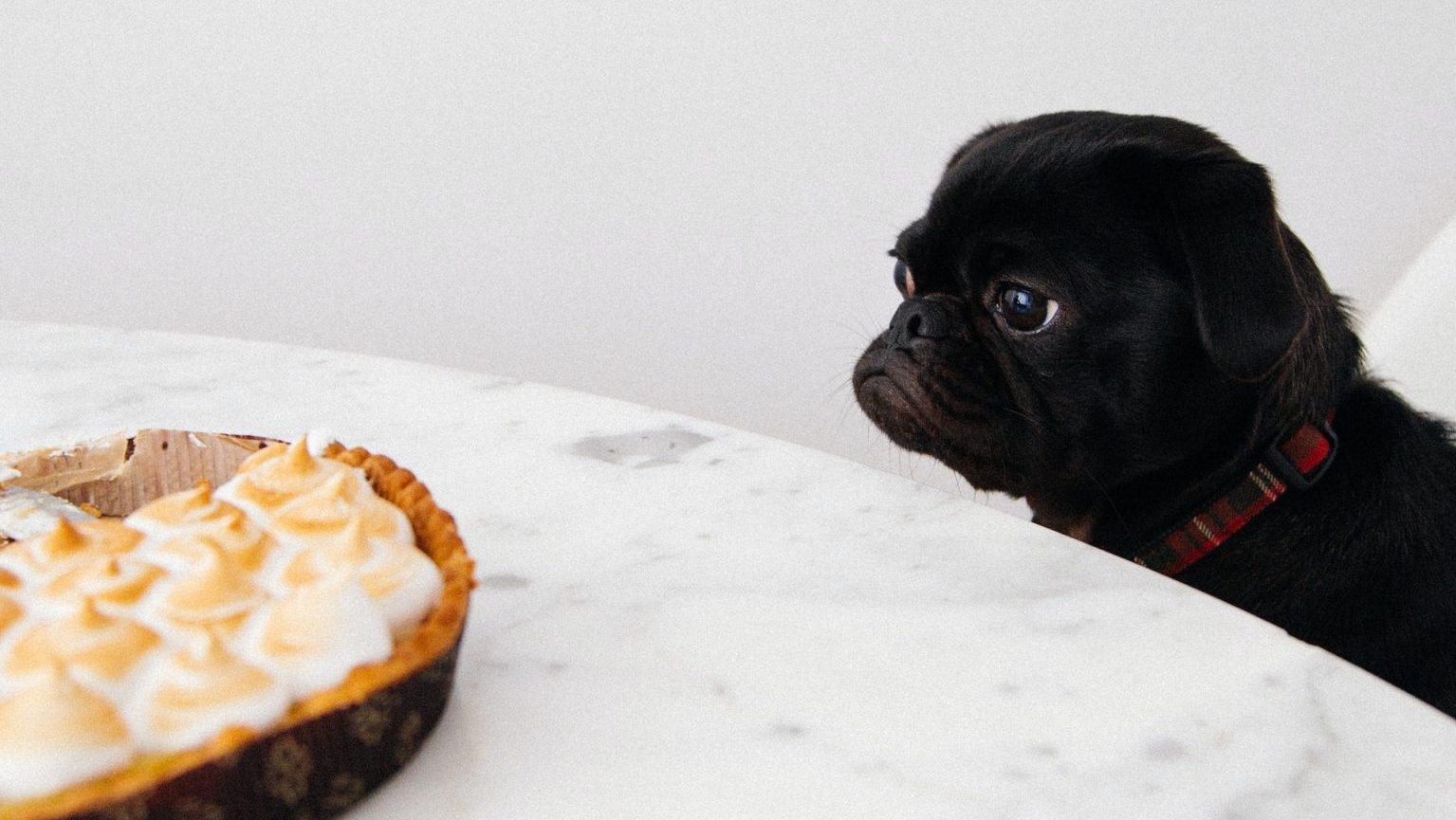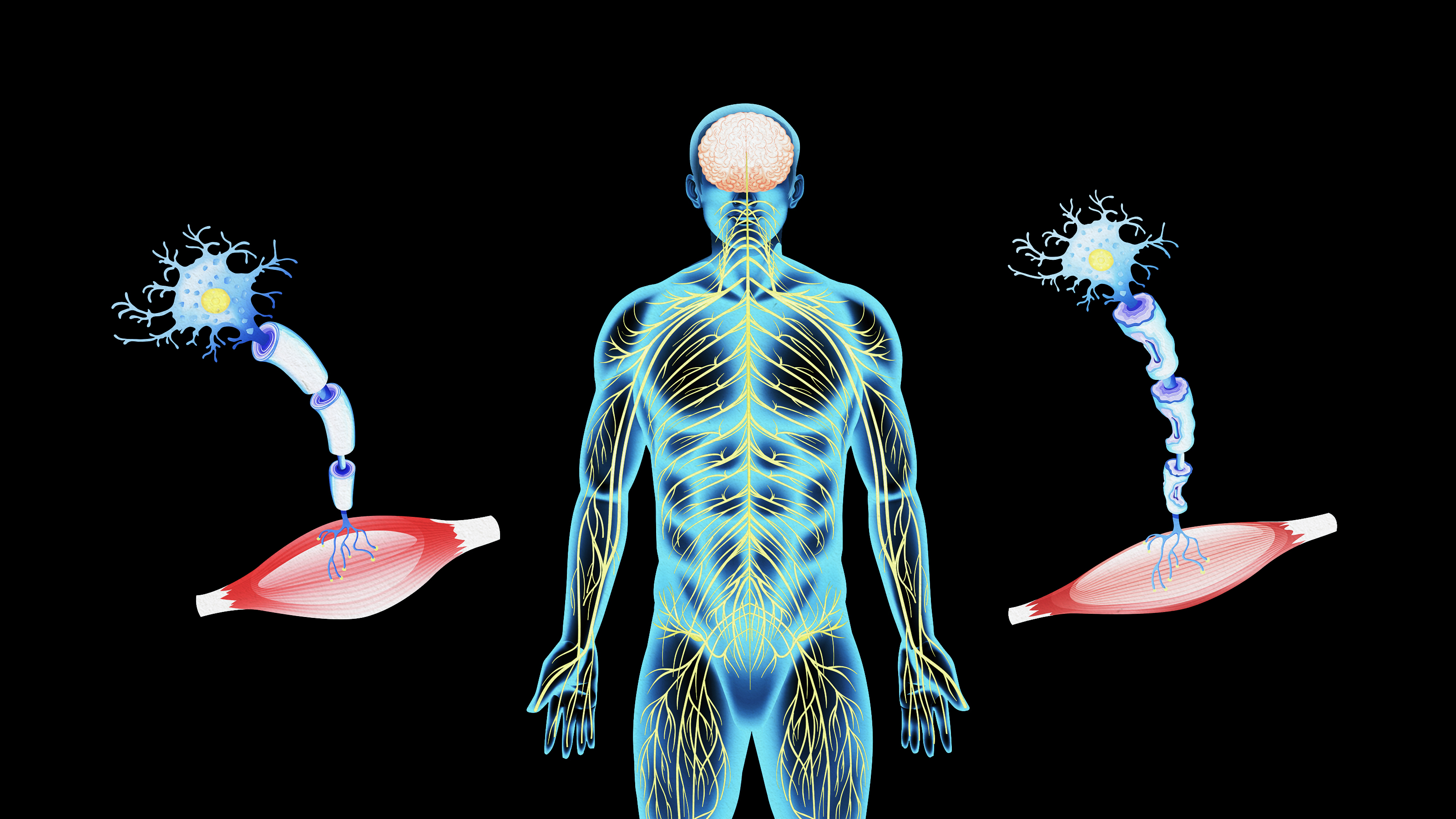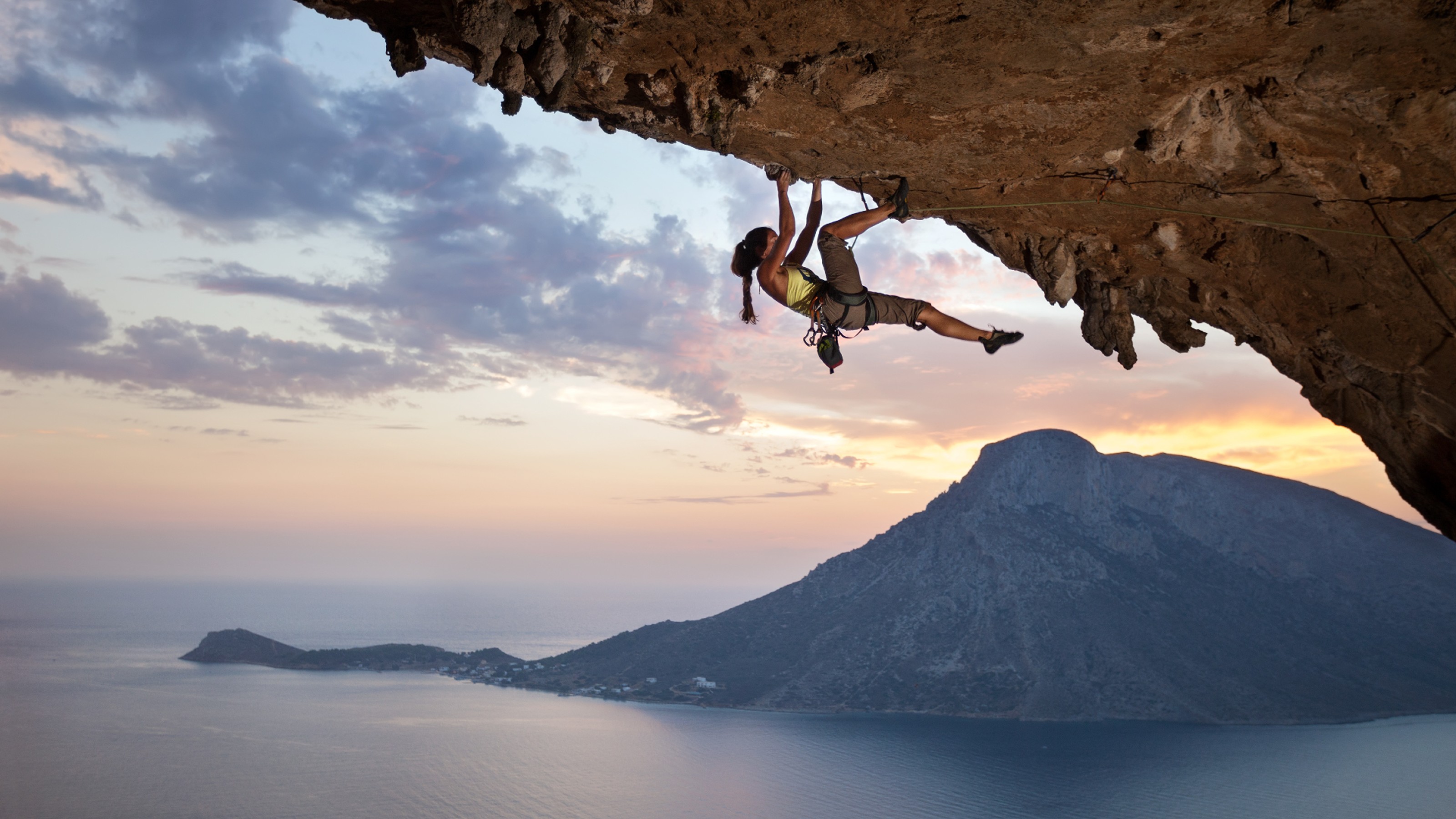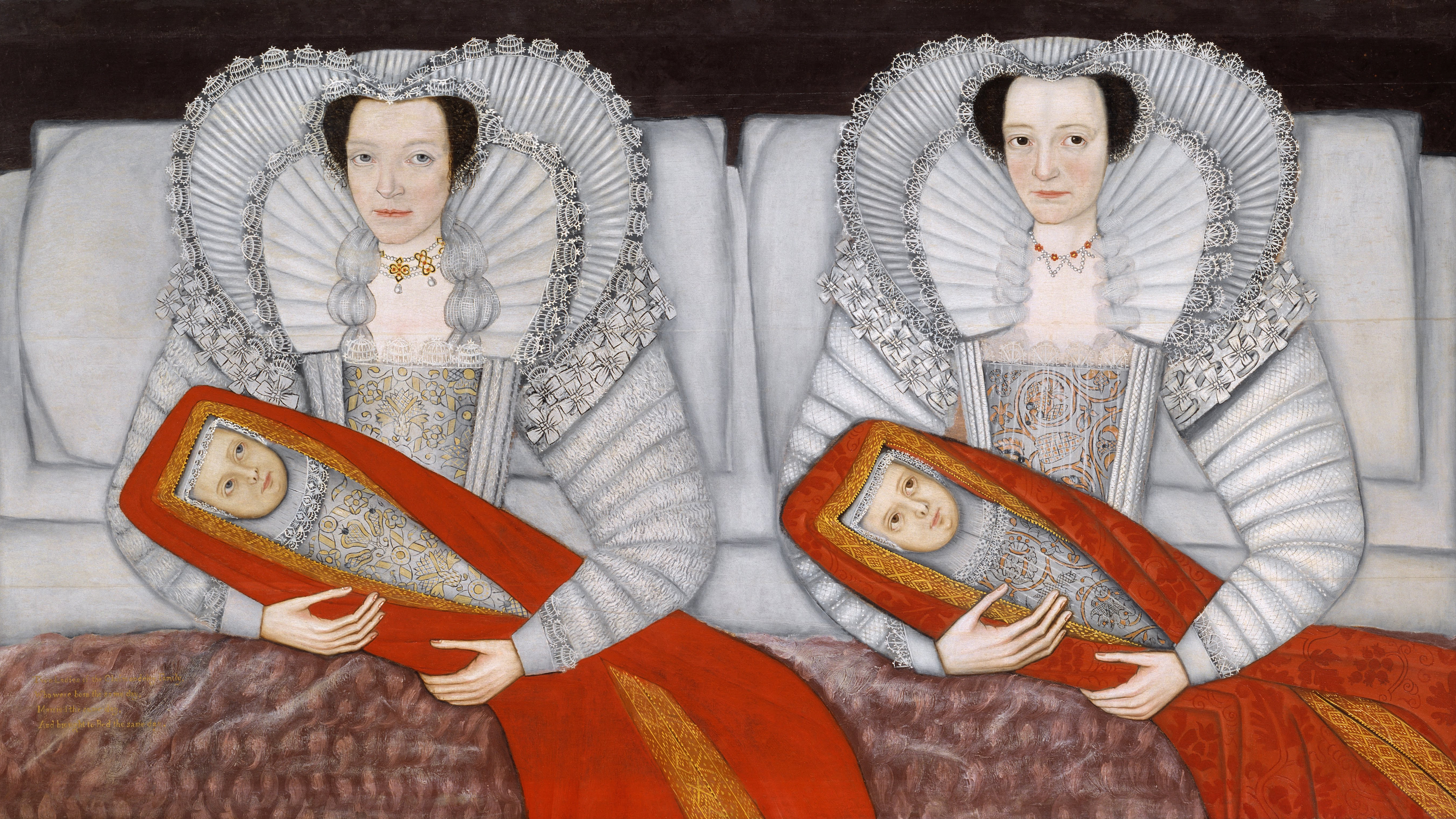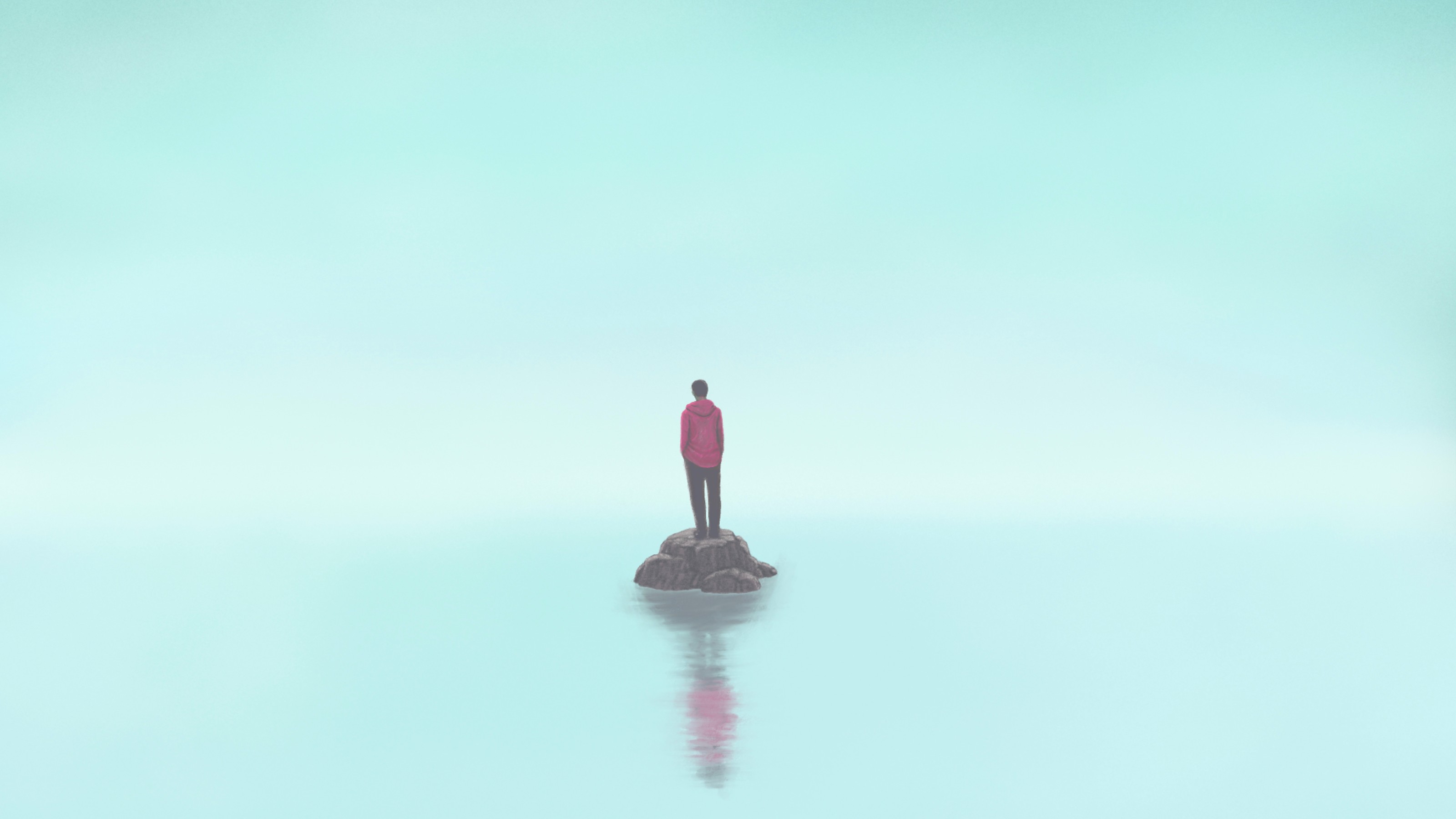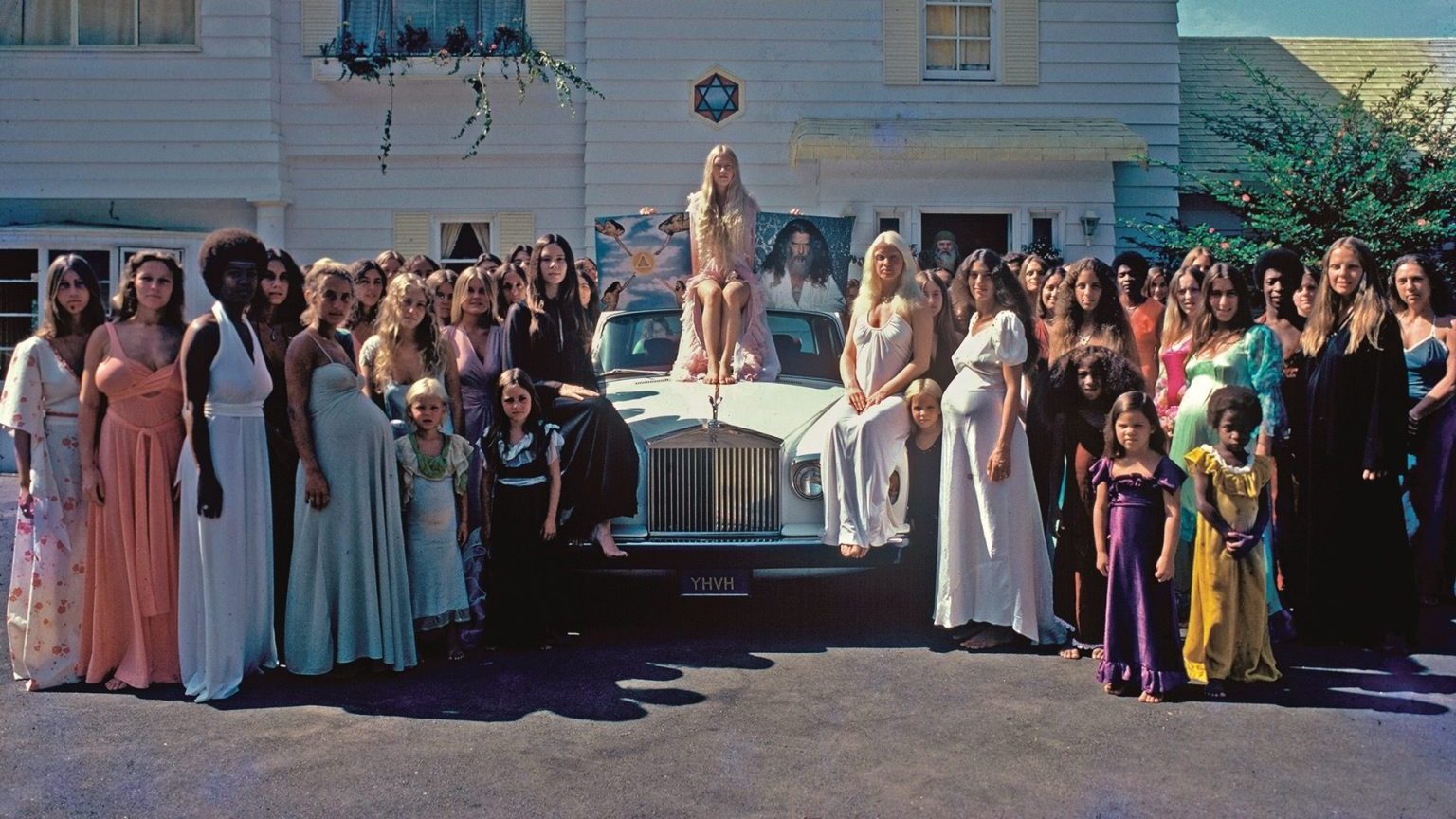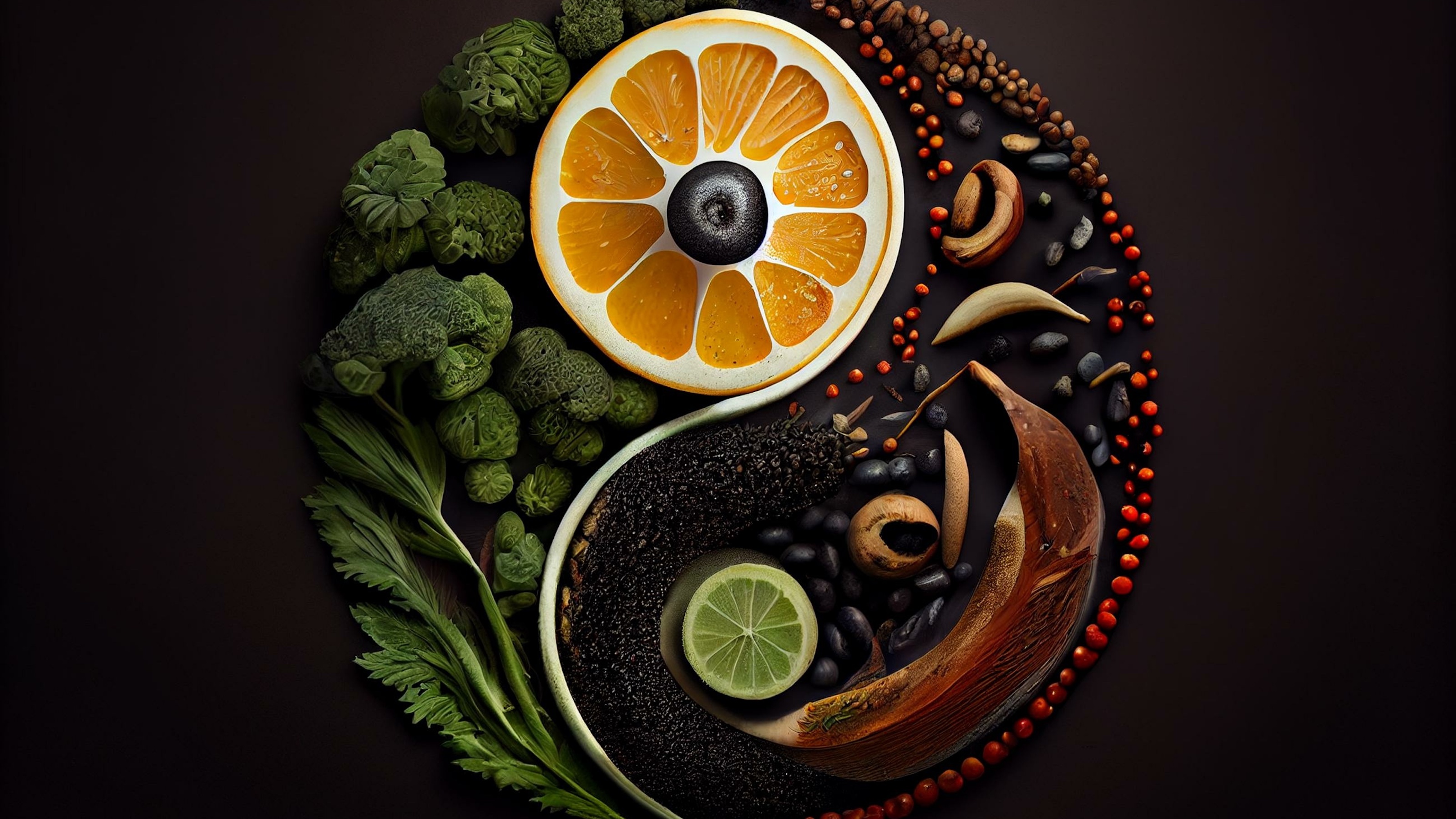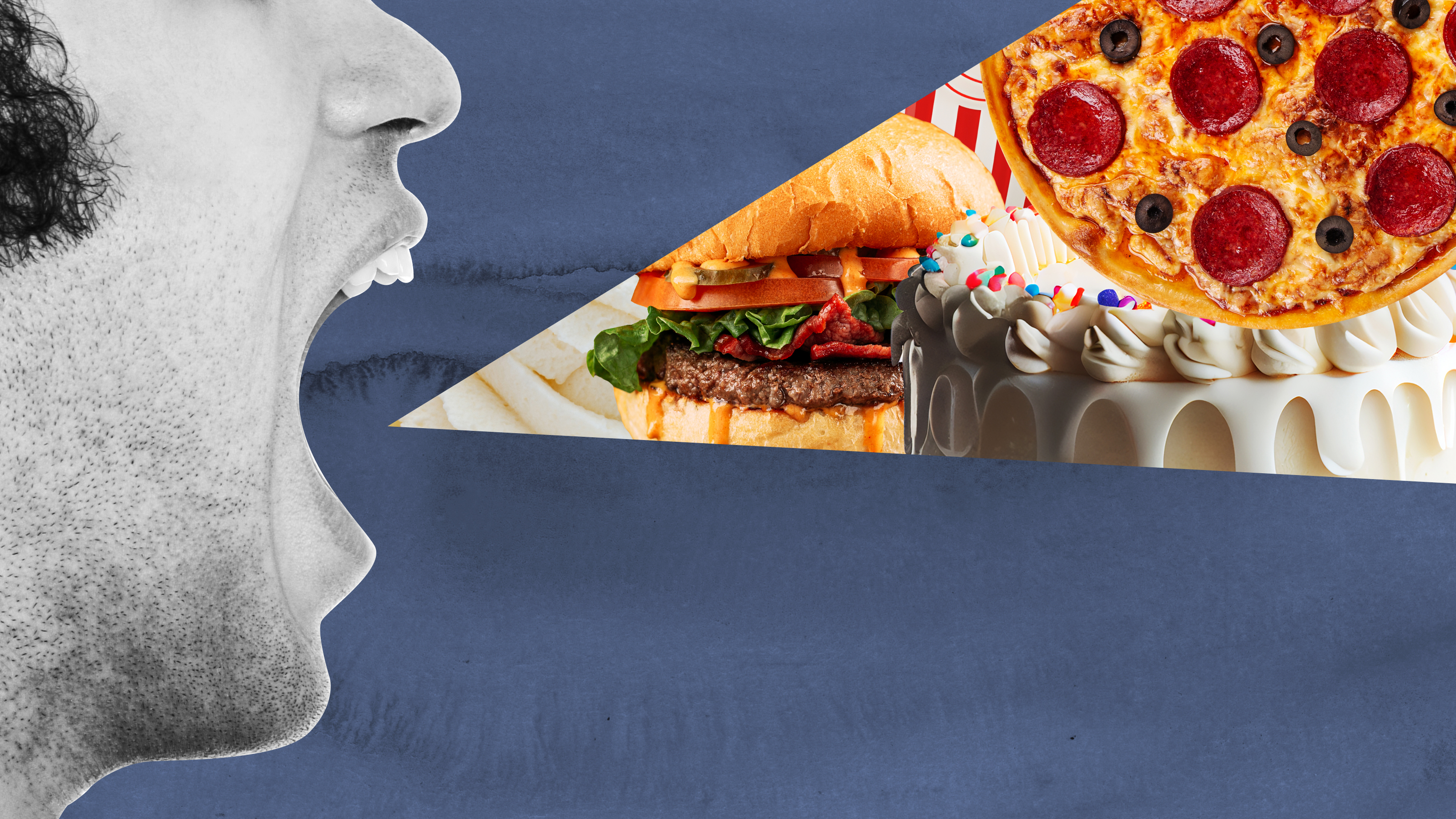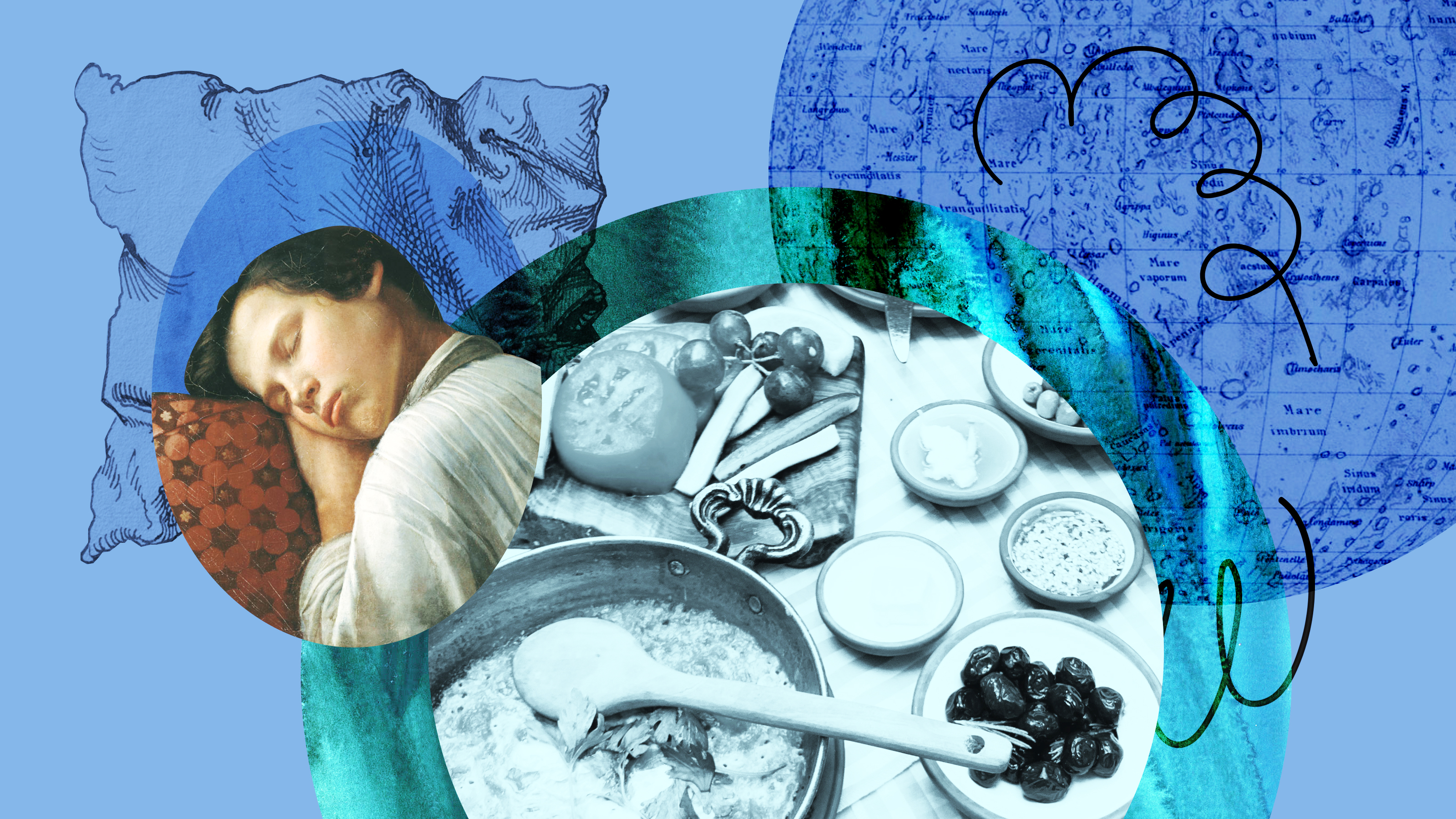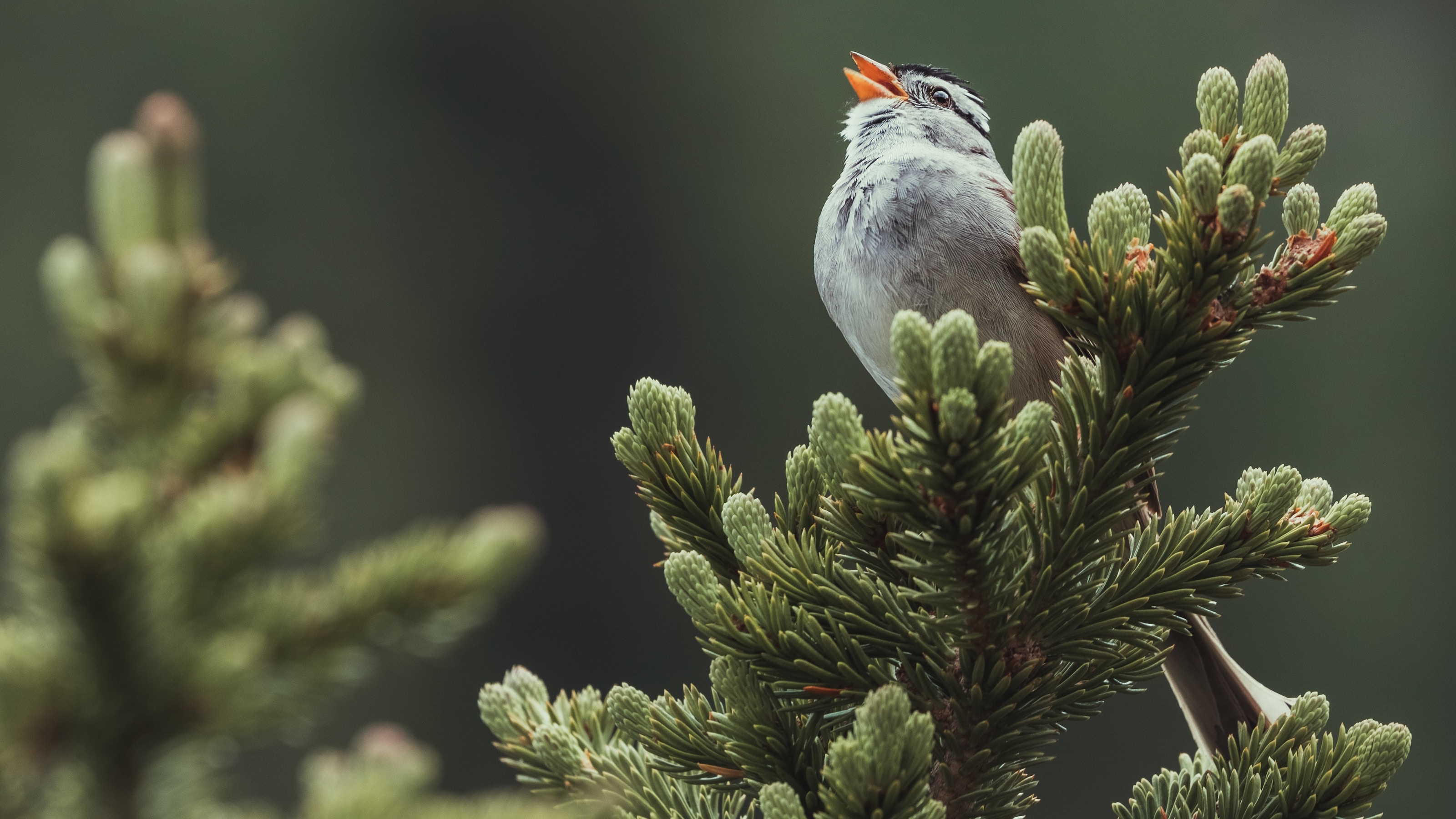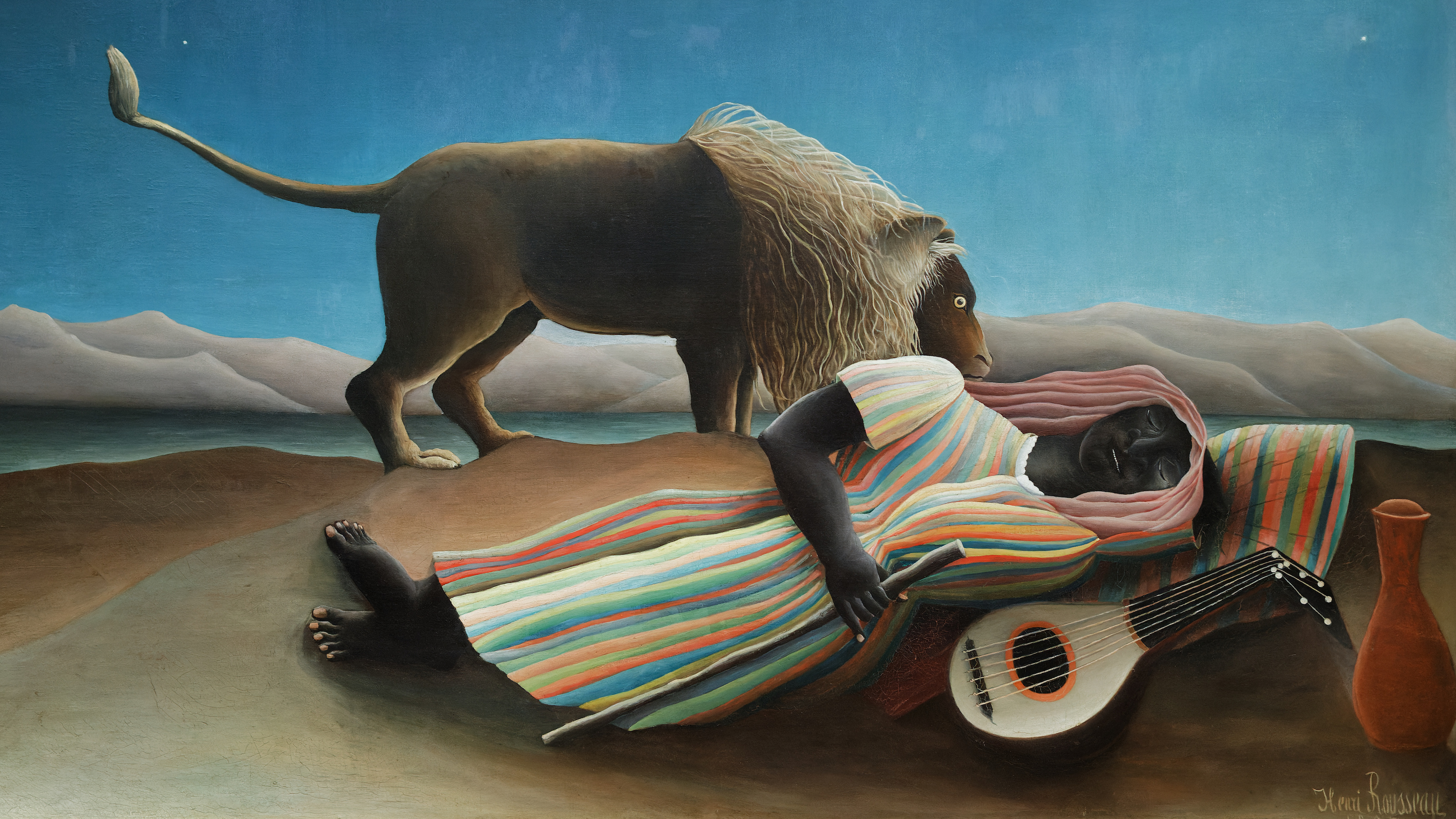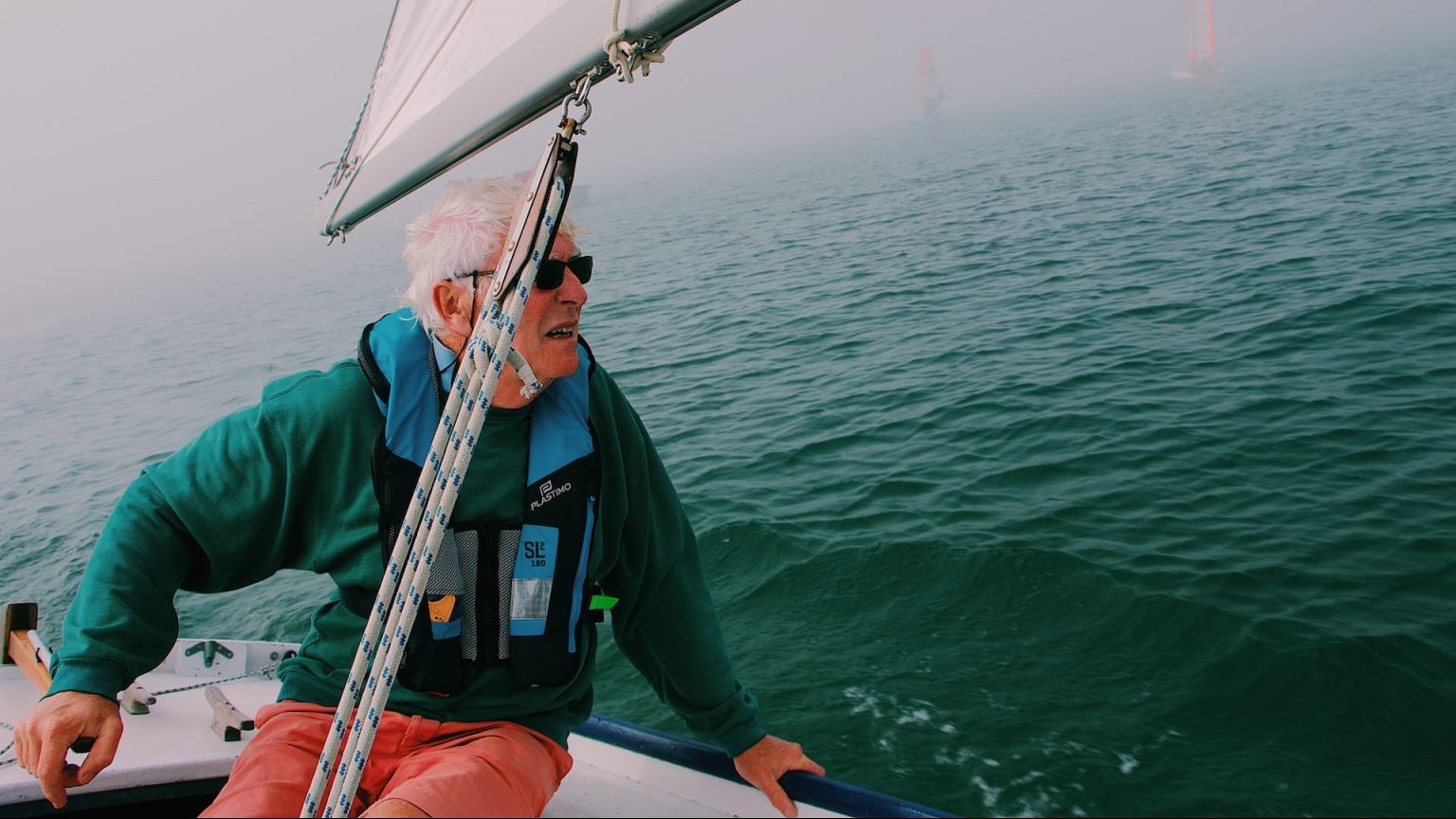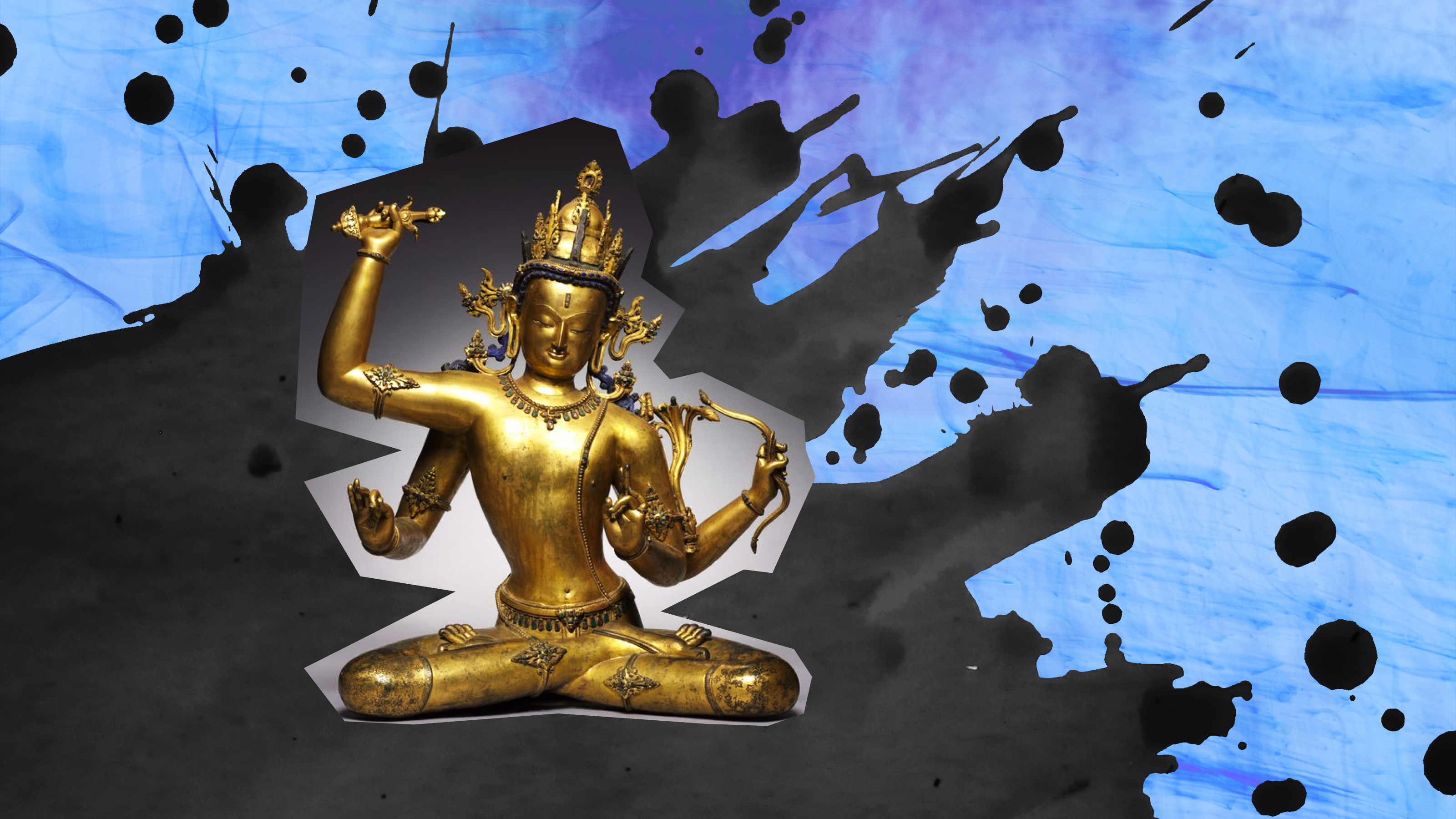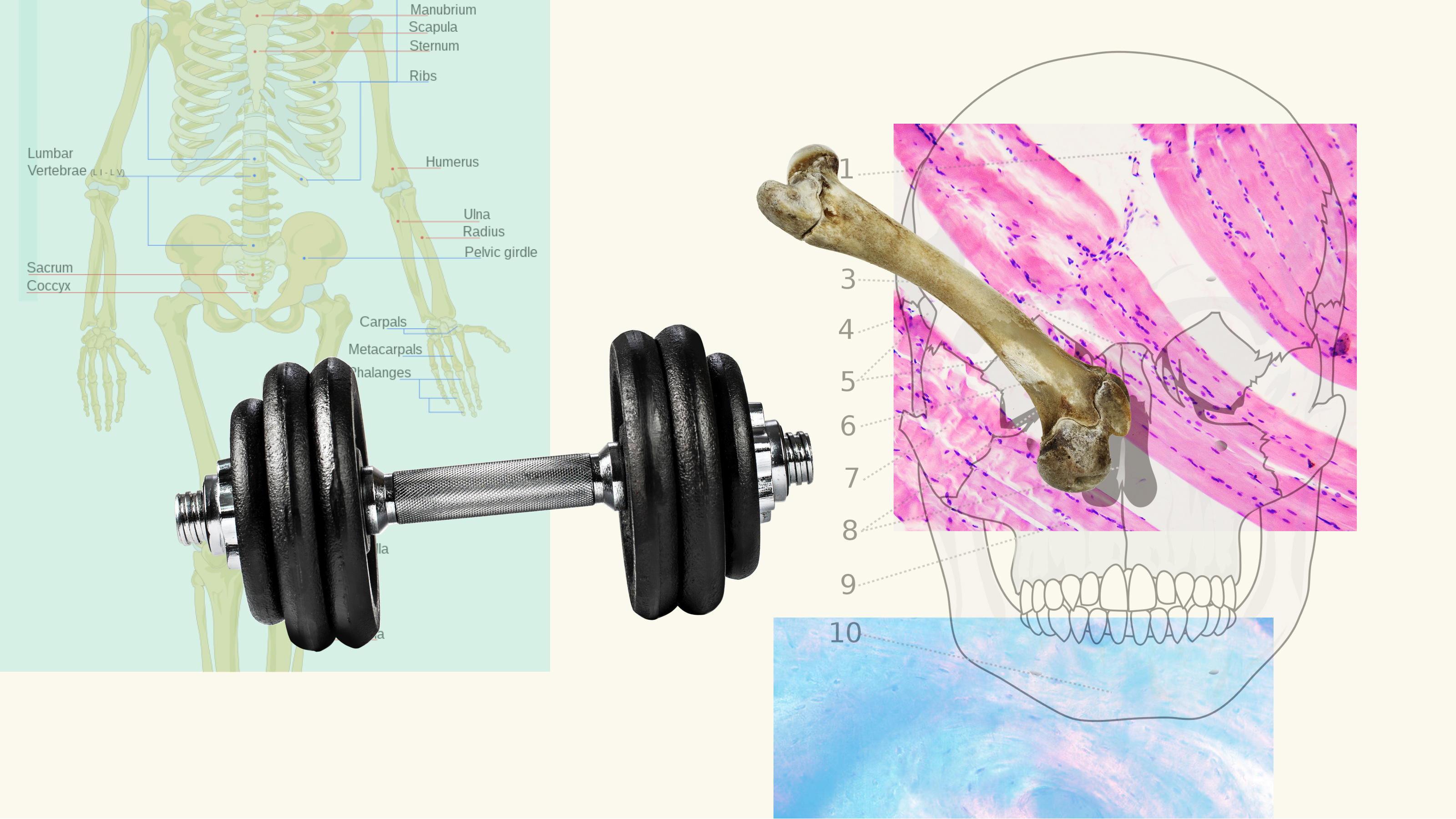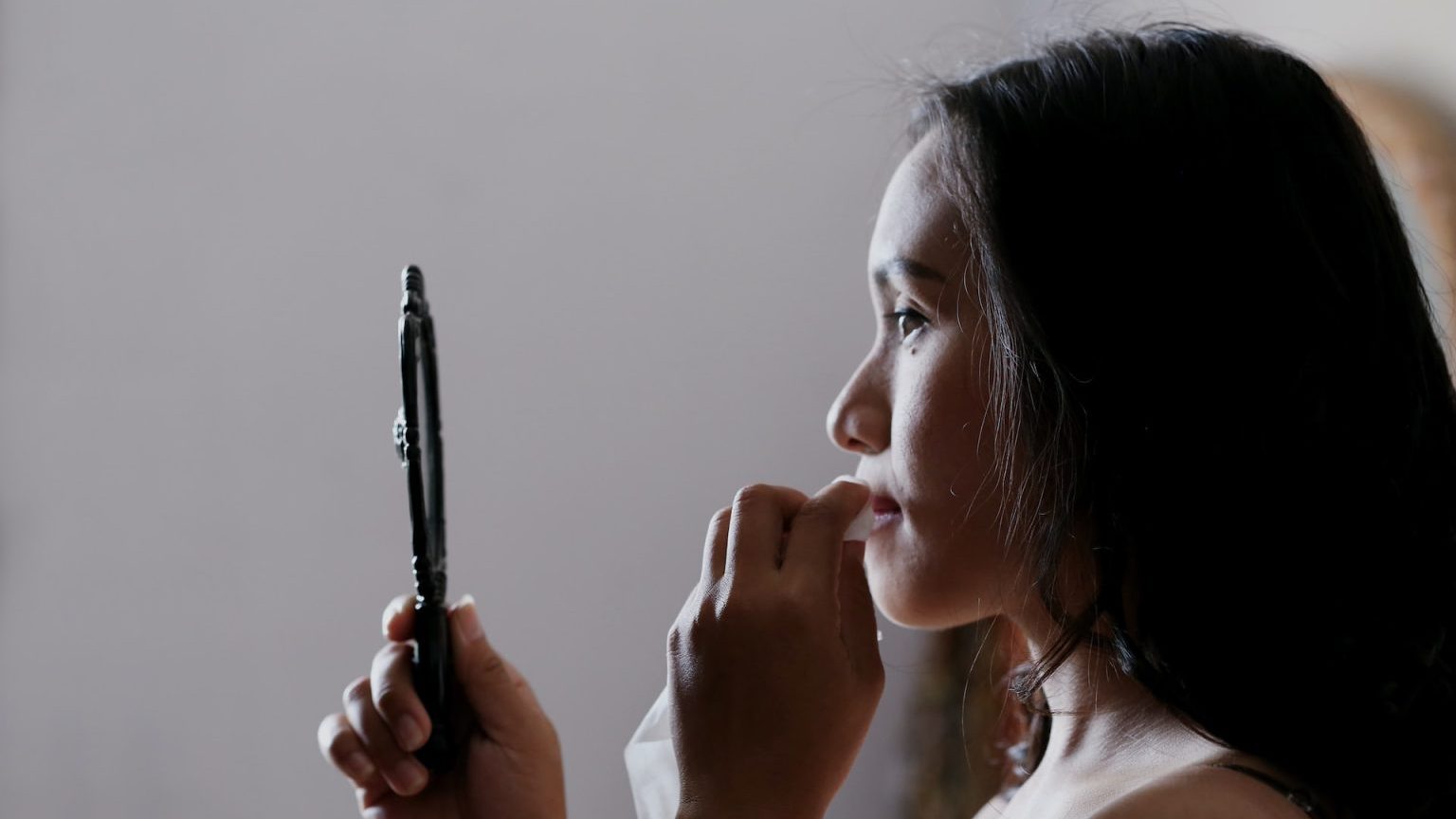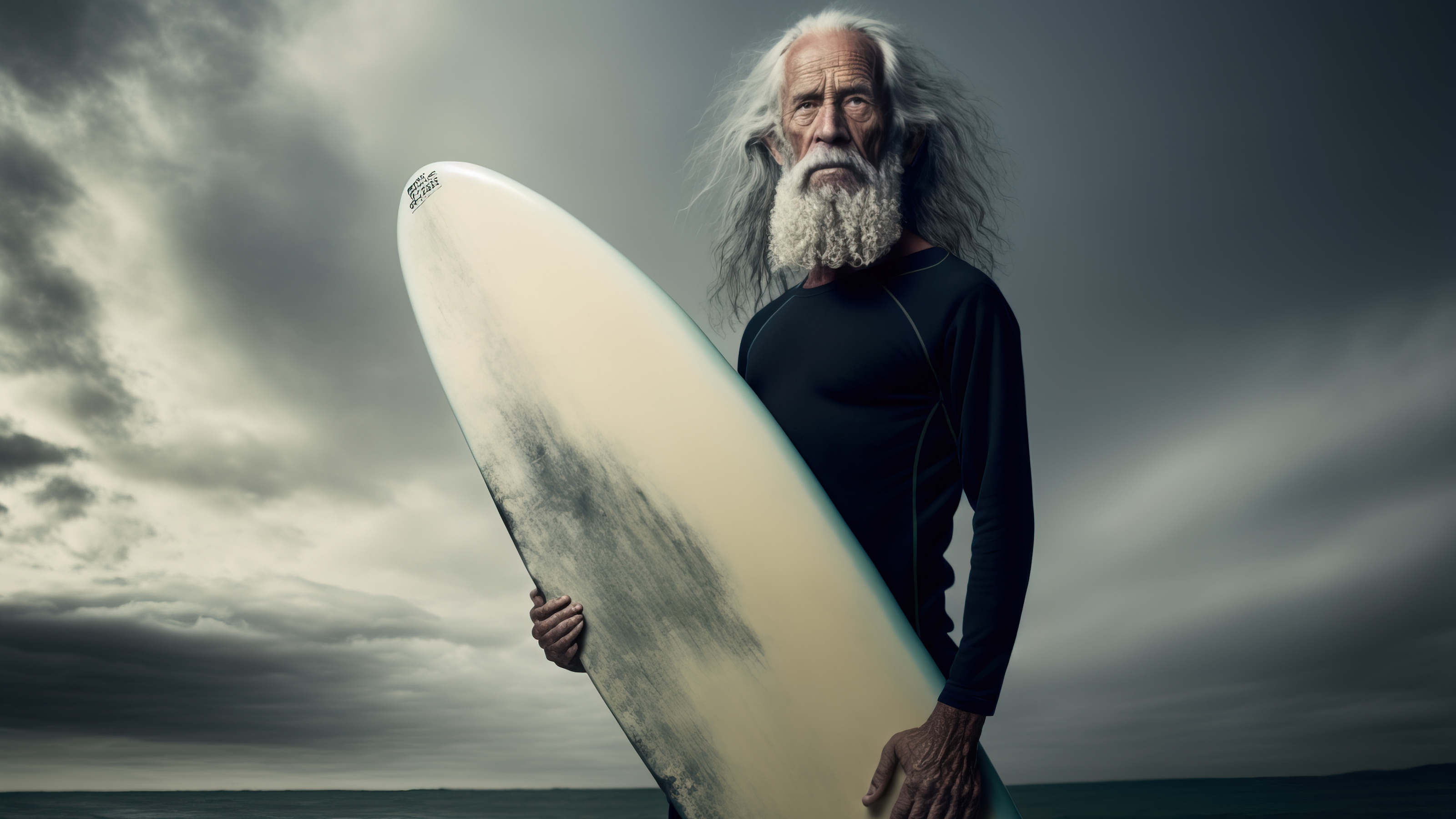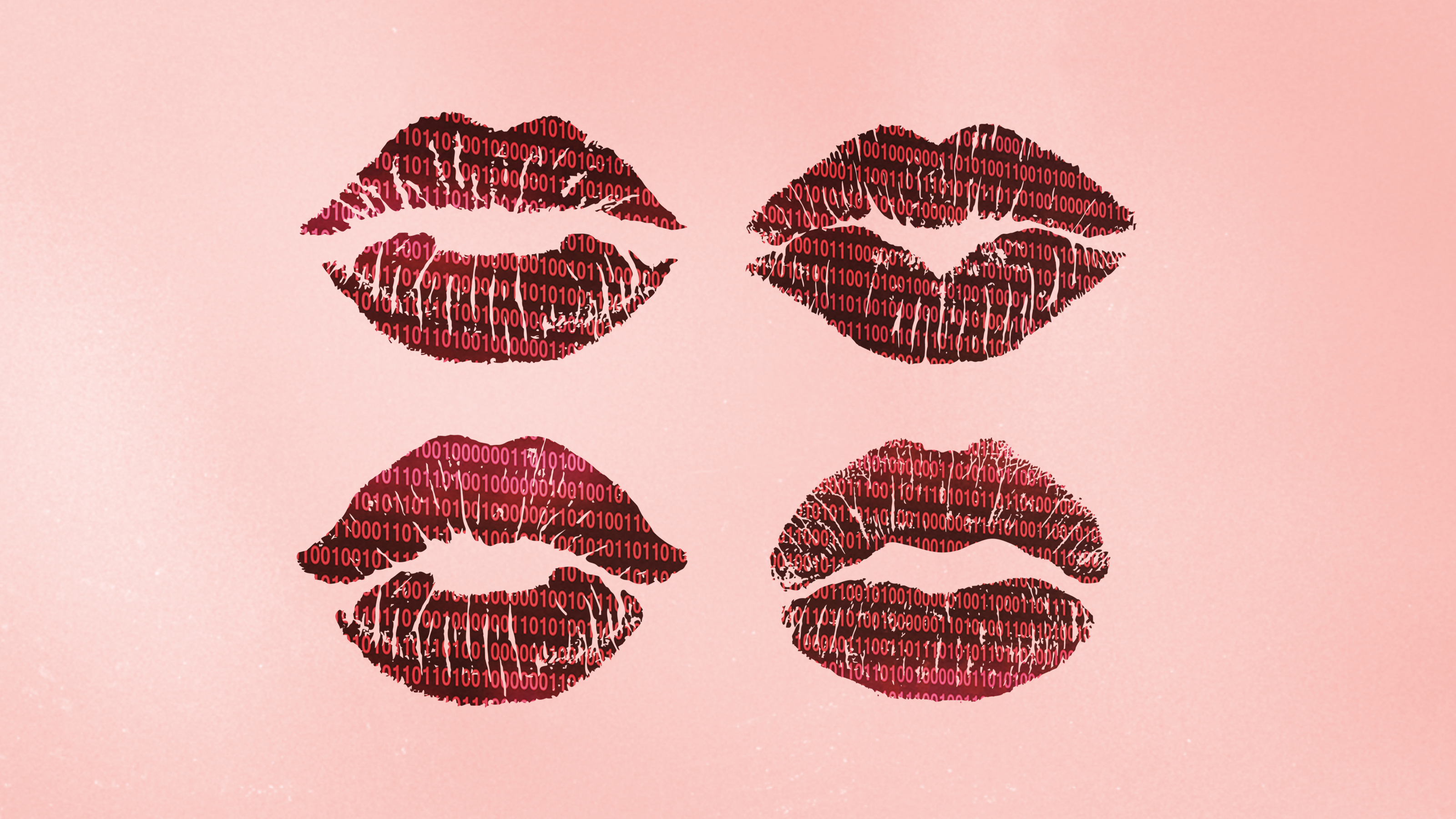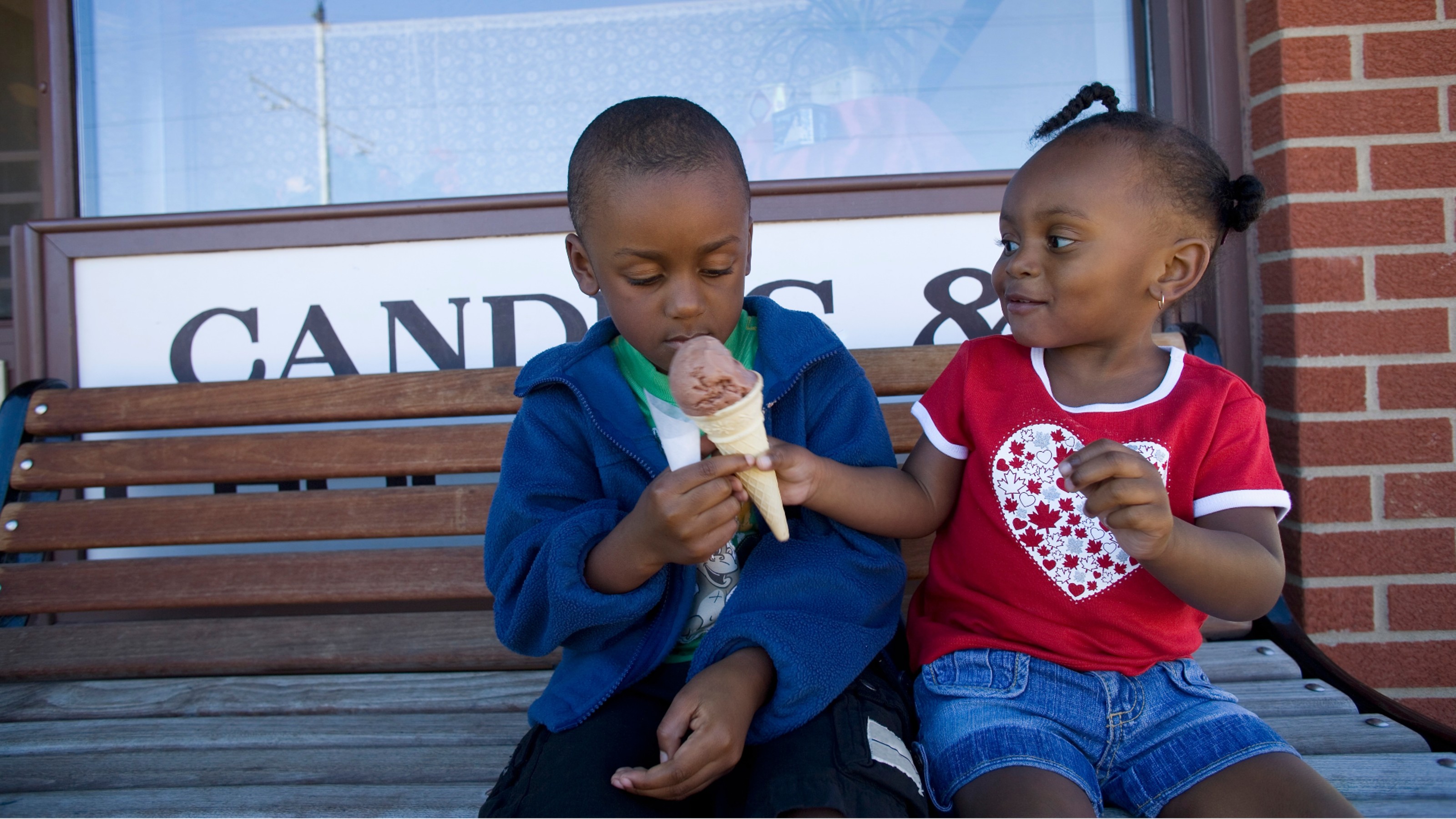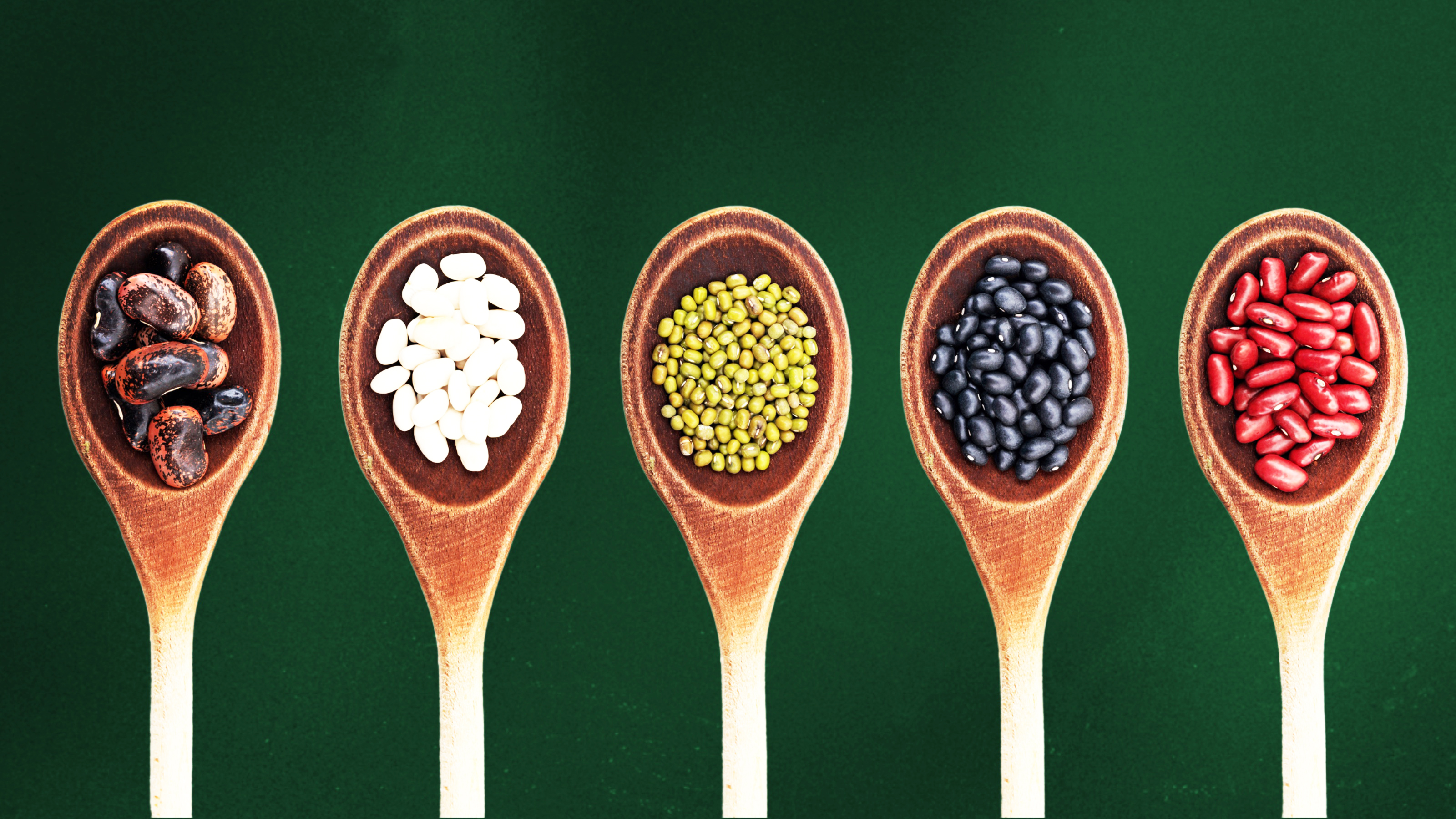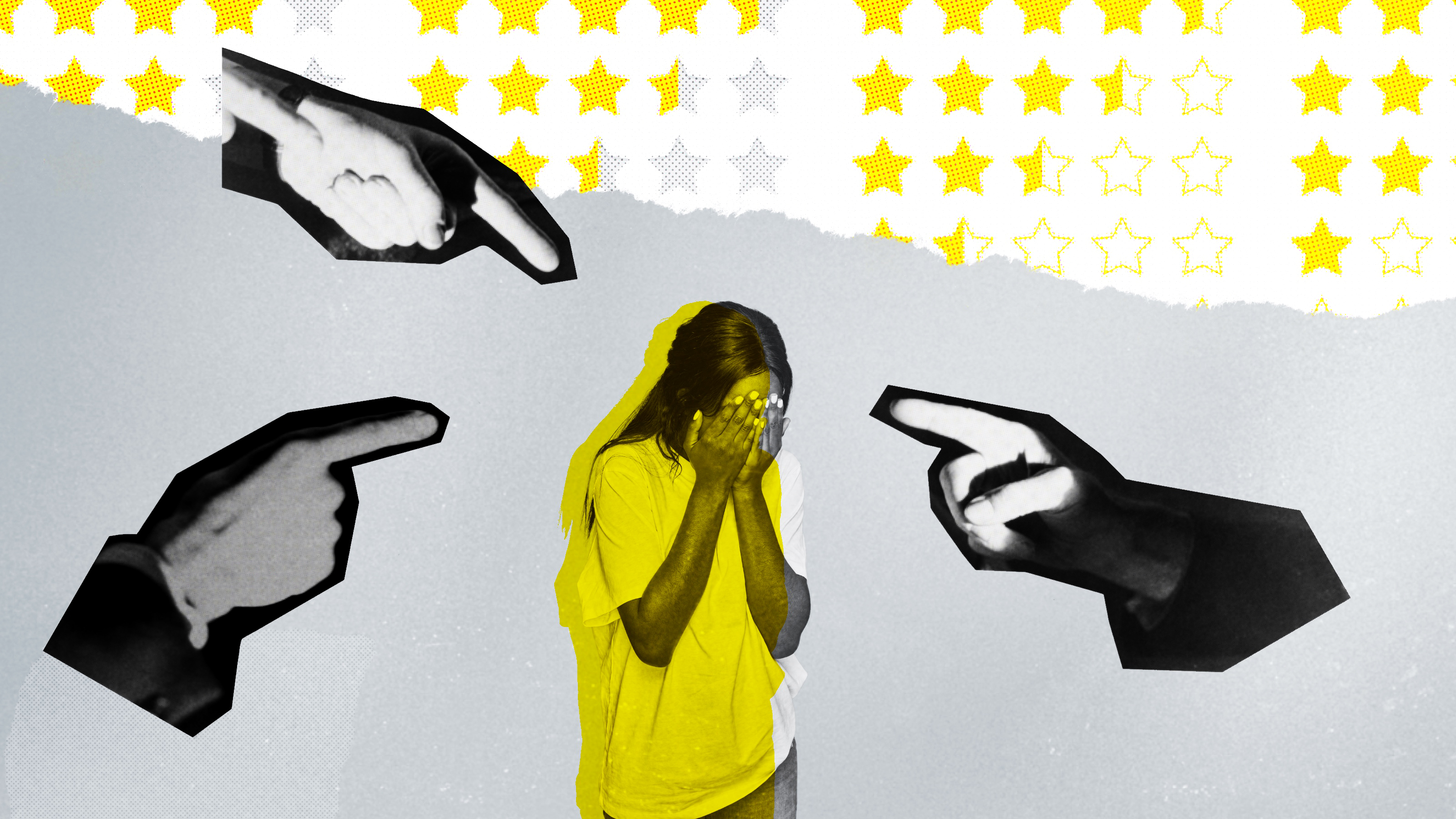wellness
Neuroscientists think a cluster of cells in the brain that stimulate appetite could be a target for eating disorder therapies.
When you do something with all your heart and mind, you do it with "meraki." When we lack this feeling, it can lead to burnout.
The Serenity Prayer is nice — until the missiles come raining down on your city.
"Domesticated viral genes" may not be domesticated as scientists thought.
A new online religion is spreading misinformation and phony products.
You'll be able to sleep through a war.
A part of human nature needs to be challenged and feel strong. Today, we fulfill that need with "surrogate activities."
Emotion dysregulation has been linked to unhealthy risk-taking, relationship challenges, and negative physical health outcomes.
Raw food, paleo, gluten-free, detox, and ketogenic: All of these diet fads withered when subjected to scientific scrutiny.
Claims of a "loneliness epidemic" aren't based on robust data. Loneliness might be a problem, but it's not worse than it was in the past.
The Source Family, a radical 1970s utopian commune, still impacts what we eat today.
De-urbanized lifestyles can be aligned with basic Taoist principles — and remote workers are starting to feel the connection.
Our bodies crave more food if we haven’t had enough protein, and this can lead to a vicious cycle.
More than a third of Americans don’t get enough sleep. Diet is an important, under-recognized culprit.
The lack of friendship is particularly a problem for men. But there are easy ways to make friends.
Ketamine-assisted psychotherapy utilizes a non-ordinary state of consciousness to heal.
The utilitarian “greatest happiness principle” has remained popular for two centuries — is it time for a rethink?
Biological age is a better health indicator than the number of years you’ve lived, but it’s tricky to measure.
Yoga is more than just standing on your head. It's about uniting with the divine.
Having a "buff" skeleton prevents infirmity in old age.
About 2.5% of women and 2.2% of men in the U.S. meet the criteria for body dysmorphic disorder.
As improving biotech offers us longevity, we can prepare to live much better as we age.
Lonely humans will become infatuated with AI-fabricated personas.
Research shows that spending more time on social media is associated with body image issues in boys and young men.
Success is about give and take — with a little more give.
The golden rule of self-compassion: Treat yourself with the same kindness you treat others.
